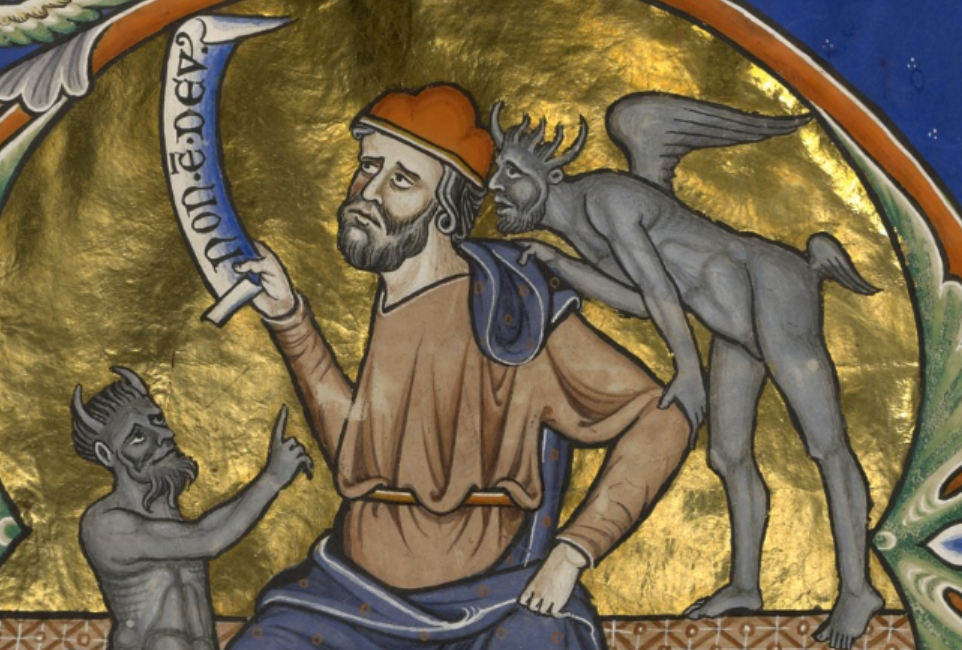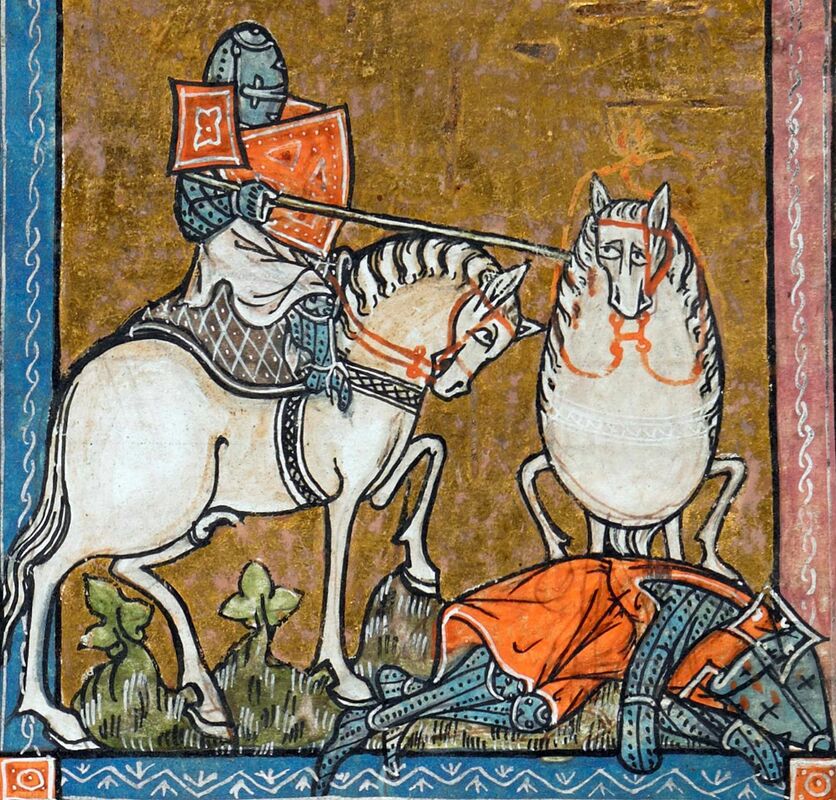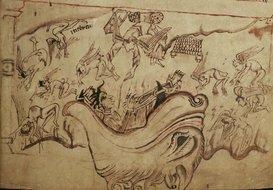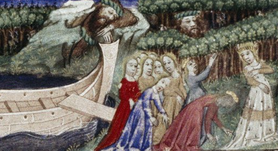Teaching
|
I enjoy teaching widely in early medieval literature and culture, from introductory Old English to a community-engaged learning course on "Refugee Literature Then and Now," for which my Spring 2019 class worked together on a collaborative book project and related efforts, such as the video to the right.
I am committed to pedagogy and mentorship and have written about revivifying Old English verse for beginning students in an essay in Studies in Medieval and Renaissance Teaching. I am also a three-time winner of Harvard's Certificate of Distinction and Excellence in Teaching and a former Teaching Fellow for the Breakthrough Collaborative in Norfolk, VA. |
|
Interests |
|
Some Recent Courses
(J. Paul Getty Museum, Ms. 66, fol. 56)
L’estoire de Merlin, France, c. 1316. (British Library, Add MS 10292, fol. 213r)
(Oxford, Bodleian Library, MS Junius 11, fol. 3)
(Oxford, Bodleian Library, Bodley MS Laud Misc. 733, fol. 18r)
(The Big Lebowski. Dir. Joel and Ethan Coen. Gramercy Pictures, 1998. Film.)
|
Distractions and Noonday Demons Lecture Course (UCLA, Fall 2018)
Feeling Better in the Early Middle Ages Seminar (UCLA, Fall 2019)
Introduction to Old English: Riddles, Dreams, Wonders Lecture Course (Harvard, Fall 2016)
Refugee Literature Then and Now Community-Engaged Learning Course (UCLA, Spring 2019)
Suspicious Characters: Postmodern Detectives and Critics Seminar for Honors English Majors (Harvard, Fall 2016)
|




